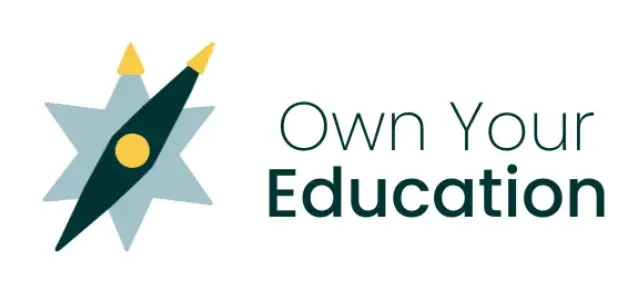Deschooling
Embarking on a homeschooling journey is not only a significant decision for children but also an opportunity for parents to reshape their perspective on education. The concept of "deschooling" applies not only to children; it is equally relevant for parents. Just as children need to transition from the structured environment of traditional schooling to homeschooling, parents must undergo a deschooling process to fully embrace the potential of this educational path.
Understanding Deschooling
Deschooling is the process of unlearning traditional notions of education, questioning assumptions, and freeing oneself from the constraints of traditional schooling. For parents, this means setting aside preconceived ideas about how education should be and adopting a more open and flexible approach. It involves recognizing that learning is not limited to a classroom or a curriculum, but is a lifelong journey of exploration and discovery.
Benefits of Deschooling: For Parents
Embrace Flexibility
Deschooling allows parents to break free from rigid schedules and curricula, enabling them to tailor learning experiences to their children's interests and learning styles. This flexibility promotes a more organic and personalized approach to education.
Build Stronger Connections
By deschooling, parents can build deeper connections with their children. They become partners in learning, exploring topics together, sharing ideas, and engaging in meaningful discussions. This collaborative environment strengthens family bonds.
Cultivate Lifelong Learners
Deschooling encourages parents to be role models for a love of learning. When children see their parents constantly seeking knowledge and embracing new experiences, they are more likely to develop a similar passion for learning.
Foster Critical Thinking
The deschooling process contributes to encouraging critical thinking and independent problem-solving in both parents and their children. Together, they learn to value questions, encourage curiosity, and support the exploration of various topics based on their children's interests, preferences, and abilities, which can be explored according to the child's learning style. da criança.
Deschooling: Step by Step
Reflect on your beliefs
Take some time to reflect on your own beliefs about education. Question the assumptions, biases, and limitations you may have inherited from traditional schooling.
Educate yourself
Learn about different homeschooling approaches, educational philosophies, and available resources. This broader perspective can help you tailor your homeschooling journey to the unique needs of your family.
Trust the process
Embrace uncertainty and trust that children are natural learners. Give them the freedom to explore and discover, even if it deviates from traditional expectations.
Observe e escute
Preste atenção aos interesses, paixões e estilo de aprendizagem do seu filho. Ouça ativamente as suas questões e ideias e utilize-as como base para a exploração educativa.
Embrace learning opportunities
Engage in learning experiences alongside your child. Explore museums, nature, art, and other real-world environments to spark curiosity and foster shared learning.
Connect with homeschooling families in Portugal
Join a learning community, participate in workshops, and connect with other parents who share similar values to your family. Sharing experiences and ideas can provide valuable support and inspiration.
Deschooling is a transformative process that allows parents to create a rich and rewarding homeschooling journey. By freeing themselves from the constraints of traditional education and embracing flexibility, curiosity, and collaboration, parents can cultivate a love of learning in themselves and their children.
Through deschooling, parents lay the foundation for a holistic and authentic homeschooling experience that fosters independent thinkers, lifelong learners, and empowered individuals, ready to navigate the world with curiosity and confidence.
